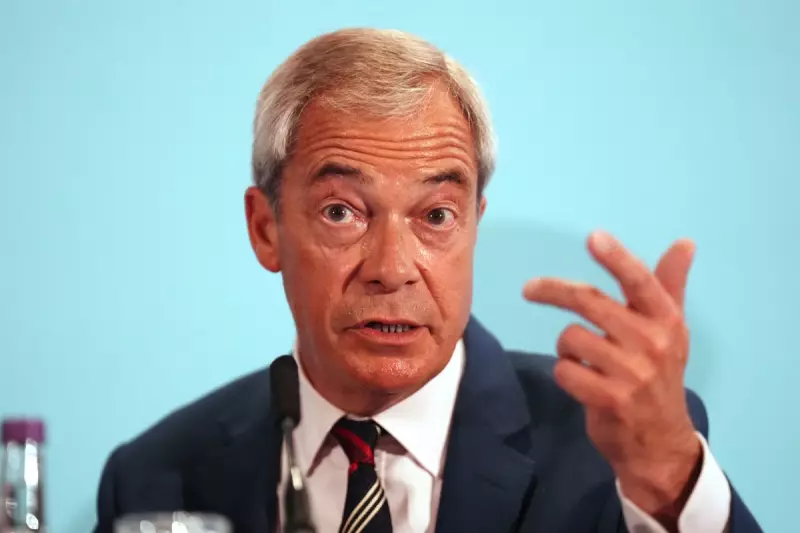
A startling new poll has exposed a major fault line within Nigel Farage's Reform UK, revealing that his own voters are increasingly at odds with the party's hardline Brexit ideology.
The exclusive research by More in Common UK, shared with The Independent, shows that a clear majority of Reform supporters now back a post-Brexit youth mobility scheme with the European Union. This finding directly challenges the anti-immigration rhetoric that has been central to the party's campaign.
The Numbers Behind the Split
The data presents a compelling picture of a evolving electorate:
- 52% of 2019 Conservative voters who have now switched to Reform support a youth mobility deal.
- This figure rises to a staggering 63% among all current Reform voters.
- Support is even higher among Leave voters (65%) and those who describe themselves as ‘patriotic’ (66%).
This widespread backing suggests that many voters who initially supported a clean-break Brexit are now seeking a more pragmatic approach to international relations, particularly for the benefit of younger generations.
A Challenge for Farage's Leadership
This internal divide poses a significant challenge for Nigel Farage, who has built his political brand on uncompromising opposition to freedom of movement. Just last month, he vehemently rejected the idea of a youth mobility scheme, declaring it would be a "disaster for this country."
Luke Tryl, UK Director of More in Common, noted the irony: “While Nigel Farage has been clear that he sees a youth mobility scheme as a betrayal of Brexit, the very voters he needs to win over to make Reform a sustainable political force are strongly in favour.”
The poll indicates that for many Reform supporters, the principle of ‘controlling our borders’ is not incompatible with managed, reciprocal schemes that offer opportunities for British youth abroad.
The Bigger Political Picture
This rift is more than just an internal party matter; it has profound implications for the upcoming general election and the future of right-wing politics in Britain. The data suggests that a segment of voters is moving beyond the simplistic Brexit debates of the past towards a more nuanced view of Britain's place in the world.
As the political landscape continues to realign, this polling reveals a electorate that is more complex and less ideologically rigid than party leaders might assume. The demand for practical solutions over pure dogma appears to be growing, even within the ranks of the most fervent Brexit supporters.






